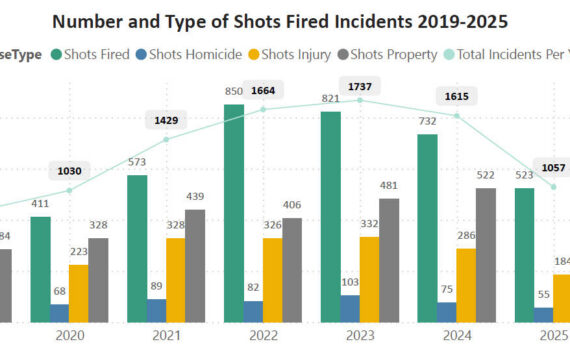There was every reason to be suspicious of Derwin Pasley. The Olympia youth minister and football coach had been accused of but escaped conviction for child abuse two times. For him, the third time wasn’t a charm.Pasley was first suspected of child abuse as a 17-year-old youth minister in Miami, Florida, but was acquitted of all charges. Then in 2002, while he was ministering at Risen Faith Fellowship, Olympia police investigated him for another abuse claim, but weren’t able to bring a charge because of a lack of evidence.Then last year a 14-year-old who played Pasley’s football team came forward with a new allegation.The boy told police that Pasley had given him and another boy a ride home. When they arrived at their apartment complex, the boy said that Pasley told the other kid to go inside. Then he locked the doors.Pasley allegedly fondled the boy. Then he reportedly exposed himself and asked the boy to perform a sex act on him.The boy allegedly didn’t take Pasley’s advances quietly, reportedly kicking and screaming and demanding to be let out. After his allegations came out, another teammate, this one 13, claimed similar abuse at the hands of Pasley.Pasley was a coach for the Black Hills Junior Football League for nine years before his arrest last October. He was able to avoid suspicion because a background check failed to reveal the charges brought against him in Florida.Police believe there may be more victims who have yet to come forward. But for the moment, the 33-year-old has pleaded guilty to two counts of second-degree child molestation and one count of third-degree child molestation. He’s now facing 12 years in prison.
More Stories From This Author
‘Never again is now’: Remembering 125k incarcerated Japanese-Americans
“Never again is now” is the refrain that echoed through the Puyallup Valley Japanese American Citizens League’s 2026 Day of…
By
Keelin Everly-Lang • February 24, 2026 11:24 am
Transit riders will be able to pay fares with credit, debit cards
A new Tap to Pay feature by One Regional Card for All (ORCA) will allow transit riders to use credit…
By
Steve Hunter • February 19, 2026 1:57 pm
King County reports fewest shootings since before the pandemic
The county saw a decrease in shootings and a change in the demographics.
By
Joshua Solorzano • February 19, 2026 9:00 am






